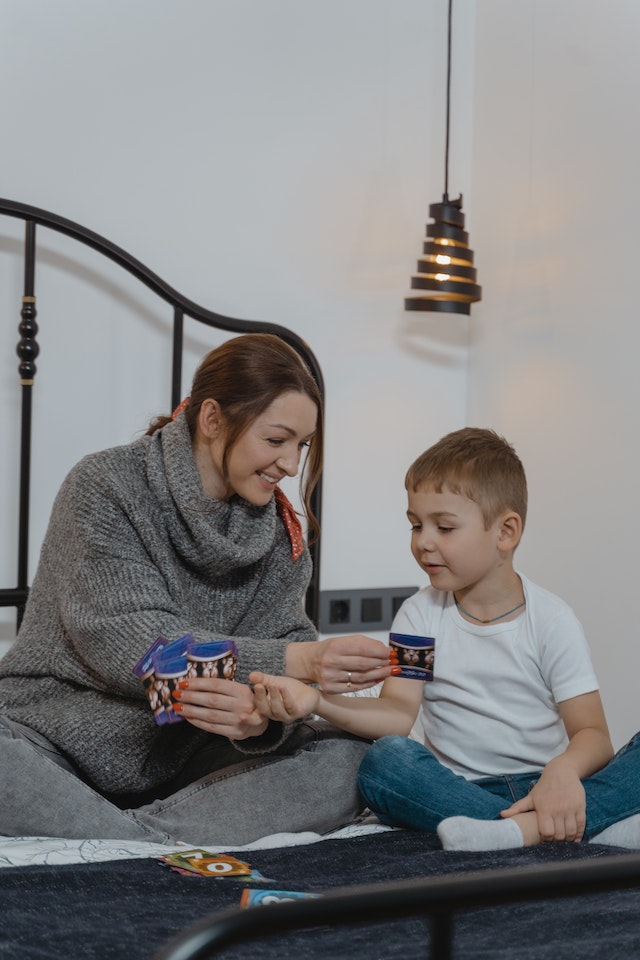While they are commonly associated with teaching academic concepts such as letters, numbers, and shapes, flashcards can be used effectively for developing a wide range of skills in children.
Let’s explore how flashcards can be utilized beyond academics:
Language Development:
Flashcards are excellent tools for teaching vocabulary and language skills.
You can create flashcards with pictures of everyday objects, animals, or actions, and use them to introduce new words, practice pronunciation, and build language fluency.
Social Skills:
Flashcards can facilitate social interactions and enhance social skills in children.
Create flashcards with different emotions or social scenarios, and encourage children to identify and discuss the emotions or appropriate responses.
This helps them develop empathy, communication skills, and problem-solving abilities.
Fine Motor Skills:
Flashcards can be used to promote fine motor skills in young children.
Have them manipulate the flashcards by flipping them, sorting them, or placing them in specific sequences.
This helps improve hand-eye coordination, finger dexterity, and manual control.
Gross Motor Skills:
Flashcards can also be adapted for gross motor skill development.
Create flashcards with action words or physical activities and have children imitate the actions depicted on the cards.
This encourages movement, coordination, and physical exercise.
Memory and Cognitive Skills:
Flashcards are great for memory and cognitive development.
Use them for memory games where children have to recall and match pairs of cards.
This boosts memory retention, concentration, and cognitive abilities like pattern recognition and sequencing.
Time Management:
Flashcards can assist in teaching time management skills.
Create flashcards with daily routines or time-related activities.
Children can arrange them in chronological order to understand the concept of time and develop a sense of structure.
Self-Help Skills:
Flashcards can be utilized to teach essential self-help skills.
Create flashcards with visual prompts for tasks like brushing teeth, washing hands, or getting dressed.
This helps children develop independence and promotes responsibility.
Emotional Intelligence:
Flashcards can support the development of emotional intelligence.
Use them to explore and discuss different emotions, encouraging children to recognize and express their feelings.
This promotes self-awareness, empathy, and emotional regulation.
Remember, the key to using flashcards effectively is to make the experience interactive, engaging, and age-appropriate.
Incorporate games, songs, and hands-on activities to make learning with flashcards enjoyable for children.


